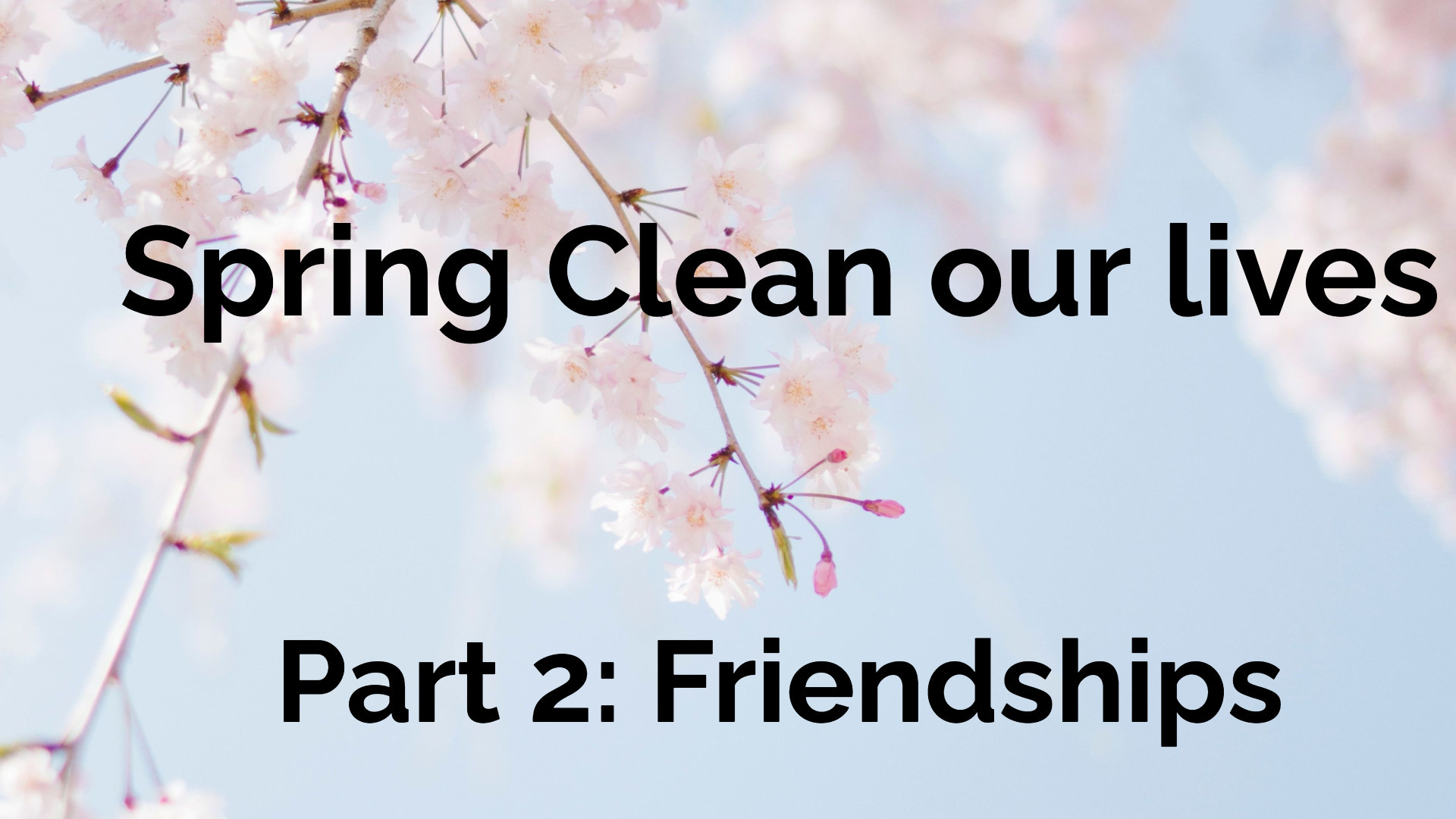The inspiration to write this was watching Sir Philip Green be interviewed about the BHS fiasco. He comes across as quite a bully, but also thin skinned. He doesn’t take criticism well.
We can all be criticised, sometimes fairly, often not. A thin skin isn’t helpful, so let’s look at what can help:
Expect to be criticised
Anytime we make a comment someone may disagree, and be quite vocal in their comments. They can be specific as to why we are wrong or provide very generalised comments. Knowing it could happen means that when we experience it we can be ready. If we decide to say something controversial we can anticipate criticism and address it in what we say, or be ready to follow up.
Seek out constructive criticism
Sometimes we want to find out how to improve or what we really look like in a new outfit, so choose the people who will give you clear feedback on how to improve and what to change rather than a long list of everything wrong without suggestions. And remember … what people say tells you a lot about them, so if they just pull out a list of flaws with no suggestions to improve, it is a demonstration of their negativity.
Avoid the critical ‘friends’
We all want friends that are supportive but constructive criticism can help us to improve. We don’t mind people with different views but some people are plain rude in the way they talk back to us. If you find anyone offensive you don’t need to keep them in your friendship group, and if they keep emailing you, you can block them.
Make sure your comments are helpful
I think we should treat people how we want to be treated, and that includes the way that we give feedback to others.I think public critical comments directed at one person should be avoided, if we want to say something to one person we should say it direct to them. In our personal life we should avoid telling others what they do wrong and concentrate much more on the impact on us. I’ve learnt that moaning to my husband about not doing some of his domestic chores isn’t as helpful as saying something like “I’m finding it hard to concentrate on a work task knowing the kitchen needs a good tidy up and that it would really help if he stopped reading the paper to get it straight” Bless him, he did it!
Avoid returning to online comments
As a writer I know my articles may not be appreciated by everyone, I’ve had negative comments on various broadsheet websites, and once I had this terrible urge to keep going back to read more. It certainly wasn’t helpful, so now once an article is out there I’ll just let it be. For you it might be a comment on Facebook, and others don’t appreciate your humour. Read things through before putting them out in the wider world; if there is something you want to say, say it, just make sure you read it carefully and consider the impact. Once you have put something out there, you don’t need to keep rubbing the wound if you don’t get the positive comments you expected. Just let it be.
Don’t feed the trolls
I have an ex-client who for 10 years posted nasty comments whenever he found me online. It used to hurt, but now I have him blocked so his comments don’t appear on my blog and YouTube page and his emails never come through to me. When I see he’s commented on any review I post on Amazon I now just smile and remind myself how sad he is.
Anything resonate with you? Any examples you want to share? Do add your comments below.




